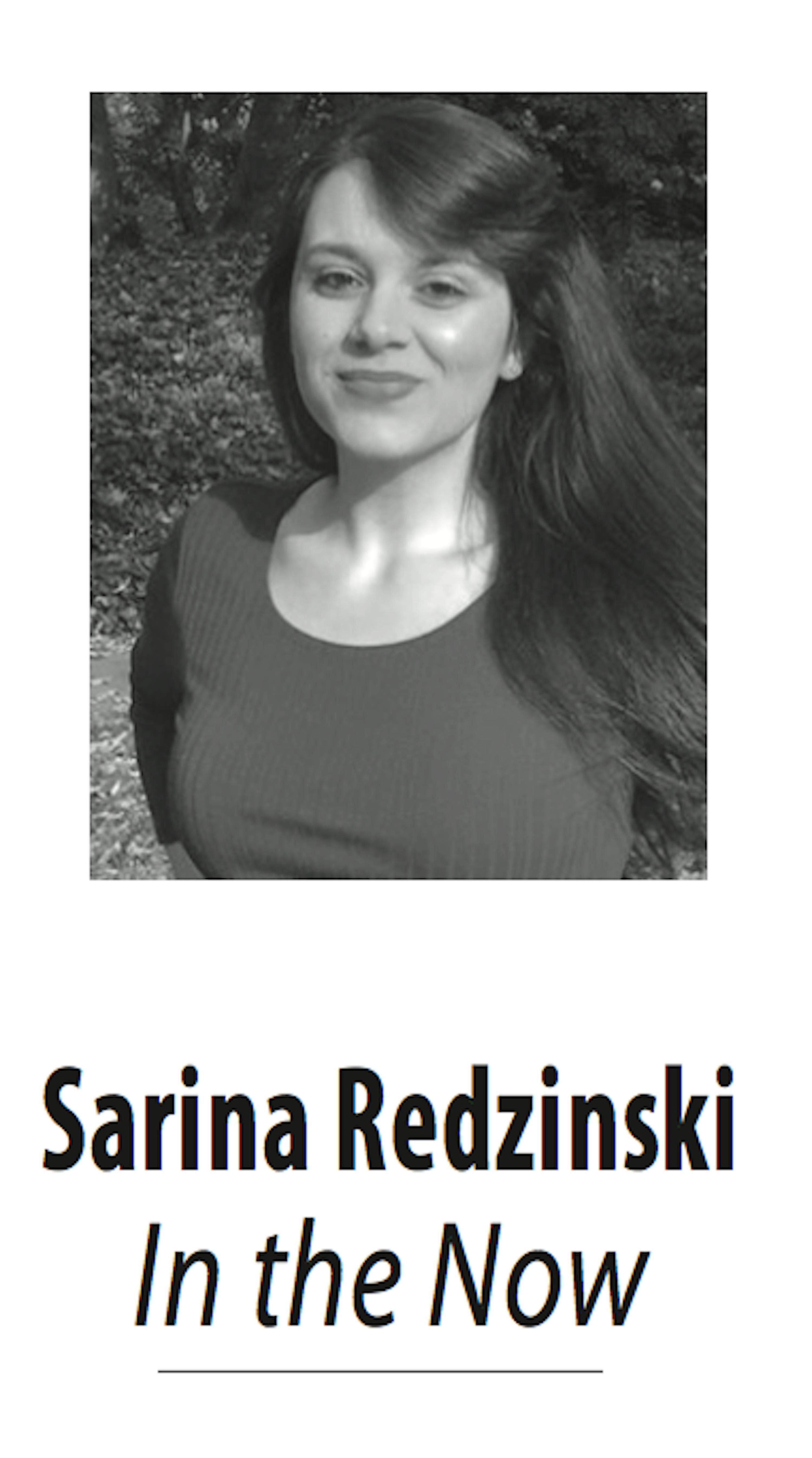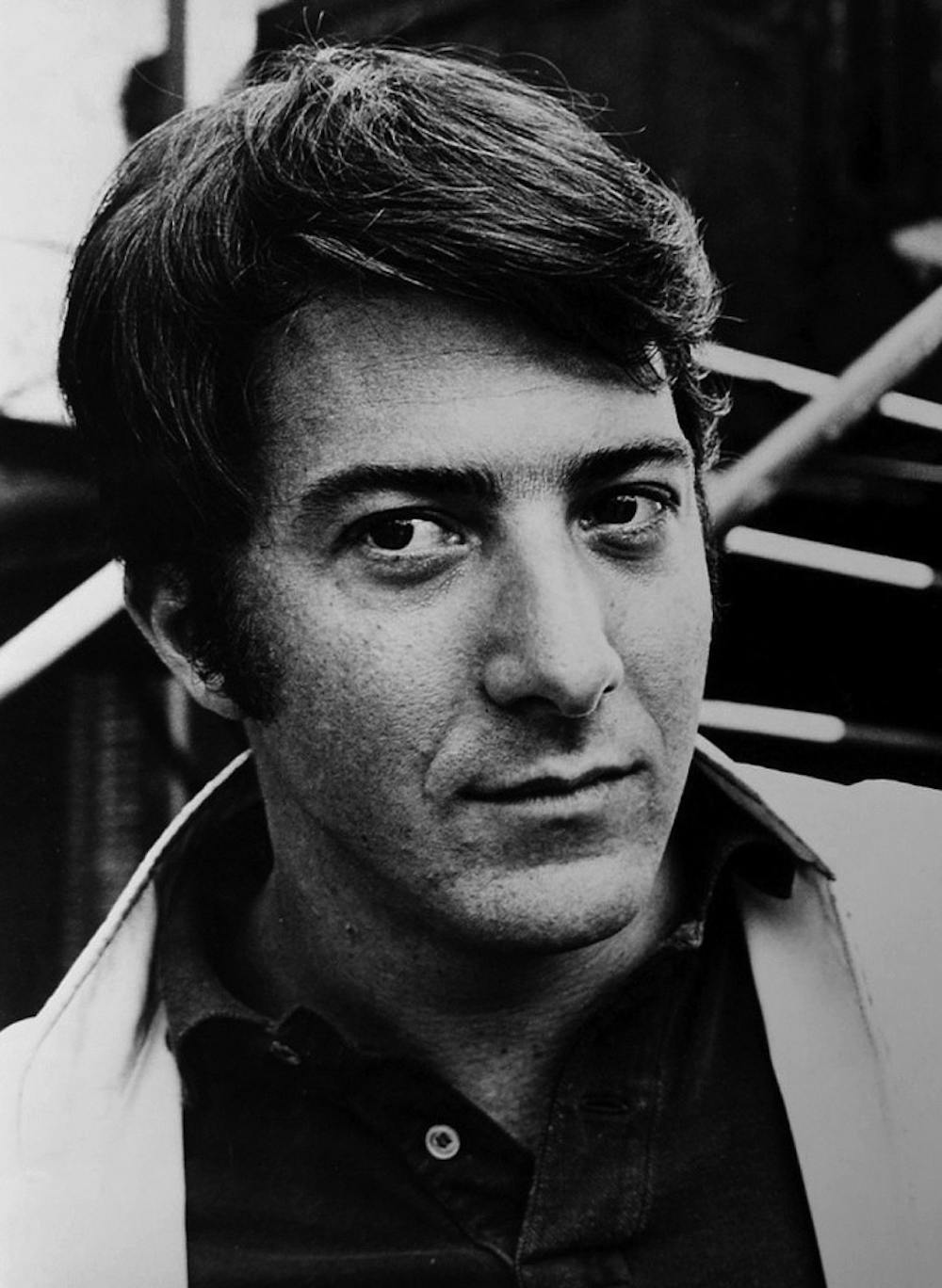
It is incredibly easy to feel trapped when you're a senior in college. With graduation looming, family members curiously prodding and the huge anxious cloud of the future hanging over everything, the sense of being boxed in is almost impossible to avoid. This is especially true when you’ve already chosen your post-graduation life plan.
When thinking about this, I’m always reminded of the movie The Graduate, which I saw at the beginning of the semester. It’s about a young man’s life shortly after finishing his university education and the subsequent tumultuous months in which he searches for some type of path or direction (by participating in confused, destructive things like engaging in an affair with the iconic Mrs. Robinson).
As with most movies that have had a significant impact on me, at first, I couldn’t figure out why I was so affected. There’s no denying that it’s a great film — it’s considered by many to be one of the best of its time, and its revolutionary soundtrack, editing and casting still holds its own in popular culture.
But there was something deeper that hit me, an indescribable pull in my stomach beyond technical and aesthetic appreciation. I thought about it for days afterward, caught between some sense of nostalgia and some sense of dread about the coming year.
But that wasn’t logical, I told myself. I couldn’t relate to his flat, meaningless stumbling through life, nor his wealthy background or experiences as a straight man. I wasn’t like this meandering, indecisive protagonist. I had a plan. I was going to take a gap year and go to law school. So why, I wondered as the credits rolled (as well as periodically for some time after) was I crying?
I came to realize a bit later that it was my inability to relate to the character’s existential state that connected me to his emotional state. Although I had a plan for my future and couldn’t know what it was like to be so hopelessly directionless, it was that same plan that connected me to him.
While our situations were significantly different, our emotional states were the same. My “plan,” I was discovering, was backing me into an unexpected corner, just as his lack of a plan was doing to him. We were both being suffocated, made claustrophobic by the crushing possibilities of post-graduate life.
I wasn’t ready for law school. I wasn’t even ready for a gap year — the idea of moving back home to New Jersey to study for the LSAT in my childhood bedroom and work at some local restaurant was an unattractive one to say the least. I wasn’t ready to give up my independence and life here in Baltimore.
Even more so, though, I wasn’t ready to give up my writing, which I would presumably have to do while pursuing a law degree. And yet, that was exactly the situation my once comforting plan was forcing me into.
Even still, that wasn’t what had really impacted me about the film. What had truly hit me was the plight of the protagonist’s ex-girlfriend, who went away to college just to find him following her and begging for her hand in marriage. At first, she rejects him openly. But slowly, over time, she becomes less sure. One scene in particular, I think, is where my deepest connection to the movie is rooted.
In the middle of the night, she enters the protagonist’s dark room, waking him. She asks him to kiss her, and after he does, she pulls away for a moment. He asks her again if she will marry him. She shakes her head and says, confused, “I don’t know. I don’t know what’s happening.”
I was overwhelmed by that moment and felt exactly what she was feeling in a strange, distorted way. I knew what I had planned to do, but was that what I wanted now?
Through quite a few other experiences, I started to see that my original plan wasn’t what I wanted anymore. It wasn’t time for me to take a gap year, nor was it time for me to give up my writing. Although I had felt trapped since the beginning of the school year, just this revelation alone lifted some heaviness off of my chest.
Sure, not knowing what to do with your future can be scary. But I was coming to the conclusion that being too sure of what you’re going to do when it isn’t what you should do is similarly disturbing.
So things have changed. My “plan” has altered, and I’m currently working on applications for a Master of Fine Arts (MFA) in poetry. And I have no idea what that will truly mean for my post-grad life.
I still think I’ll go to law school and make a career out of that some time in the future, but that’s not something for me to worry about now. Now, I’m trying to embrace the unknown a bit more. Even if it’s terrifying, there’s something freeing in it.





